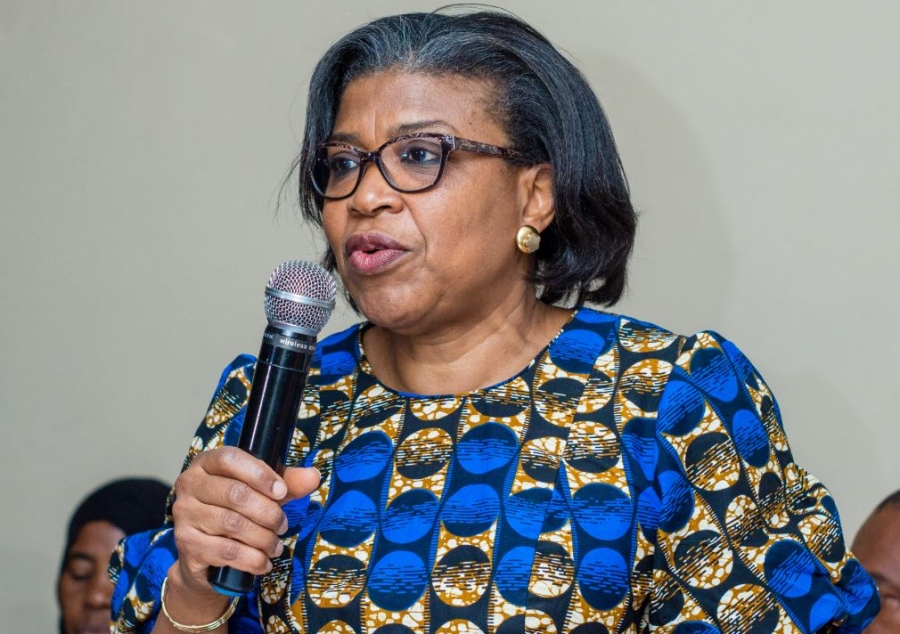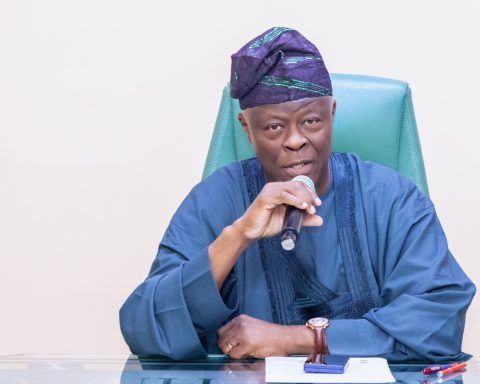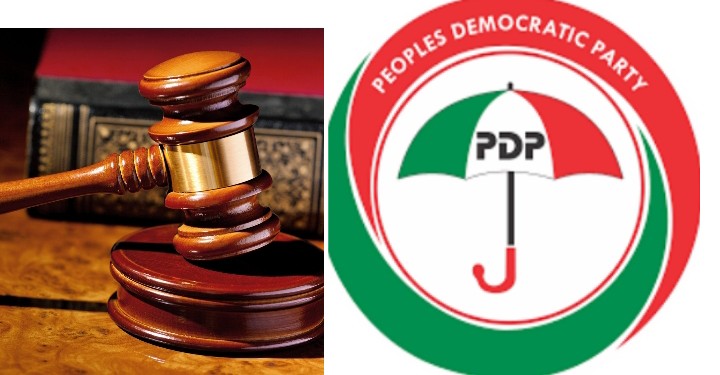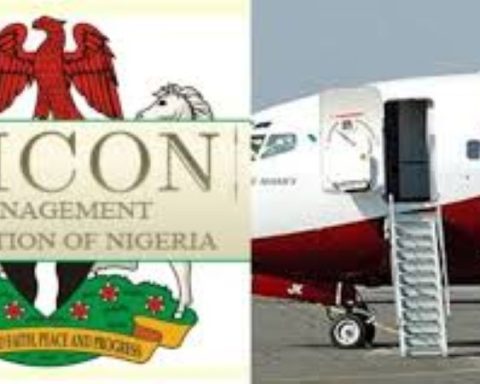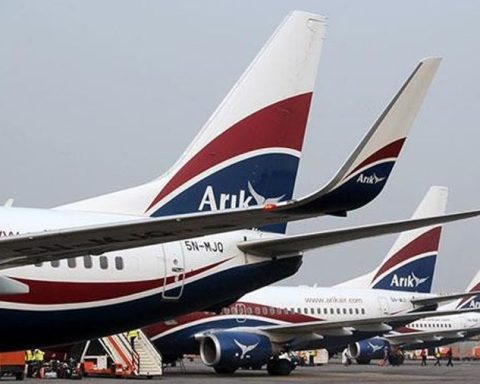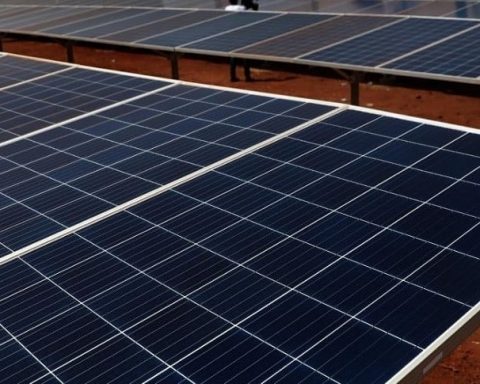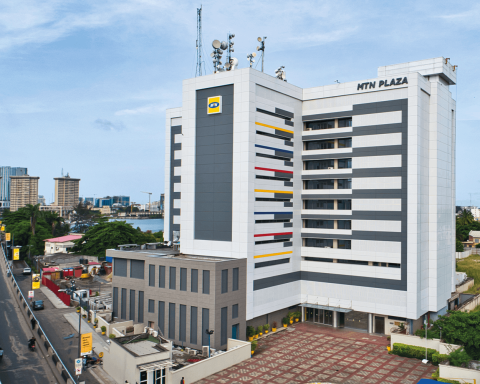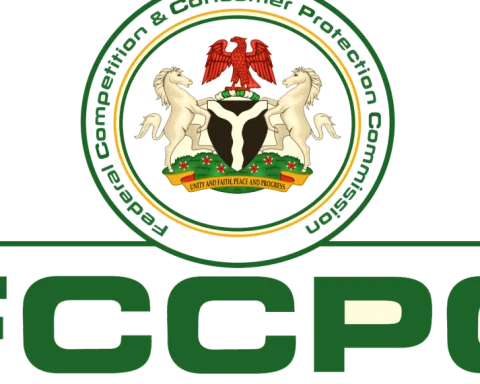The Director- General of Debt Management Office (DMO), Patience Oniha, has defended Nigerian government’s debt during a presentation at the Executive Course on Budgeting and Fiscal Transparency, in Abuja.
Oniha said loans obtained to fund fuel subsidy played a significant role in the country’s total debt stock rising to $42.8 billion. She revealed that this year, N1 trillion has been borrowed to finance fuel subsidy this year.
Join our WhatsApp ChannelAlso, she opined that the debt are also being channeled into development of critical infrastructure that will lead to job creation, movement of persons and goods, as well as improve Nigeria’s Gross Domestic Product (GDP).
Prime Business Africa had reported earlier that the government borrowed N3.28 trillion in the first six months of this year, resulting to the debt profile of Nigeria increasing to N42.84 trillion at the end of second quarter 2022, from the N39.56 trillion reported as at December 2021.
The DMO boss explained governments across the world are also increasing their debt due to economic and social challenges caused by Covid-19 pandemic and the Russia-Ukraine war.
During the presentation titled, “Debt Sustainability Challenges and Strategic Revenue Mobilisation Initiative,”, Oniha said despite the rising debt, Nigeria’s debt to GDP ratio was 23.06 per cent, below other countries such as “Angola (136.54%), South Africa (69.45%), Ghana (78.92%), United States (133.92%) and United Kingdom (104.47%) have higher ratio.”
She further stated that, “Governments across the world borrow. Globally, debt levels are growing, but it is not a new trend. Debt levels were already rising prior to the Covid-19 crisis when compared to 2014.
“Globally, sovereign debt grew from 49 per cent of GDP in 2014 to 57.9 percent in 2019 and in sub-Saharan Africa, from 35 percent of GDP in 2014 to 55 percent in 2019.
“In Nigeria, this ratio rose from 13 percent in 2014 to 19 percent in 2019.” She said, adding, “The Federal Government had to resort to borrowing to fund the budget due to revenue challenges.”
Meanwhile, to ensure the sustainability of Nigeria’s public debt, Oniha revealed that the World Bank Fund tools has been adopted, “these tools include an annual Debt Sustainability Analysis (DSA) and a Medium-Term Debt Management Strategy (MTDS) every four years.
“Maturities in the public debt portfolio are well spread to avoid bunching of maturities and to ease repayments of maturing obligations. The Domestic Debt portfolio has securities with tenors ranging from 91 days to 30 years, while the External Debt Portfolio has securities ranging between 5 years to 30 years.”


